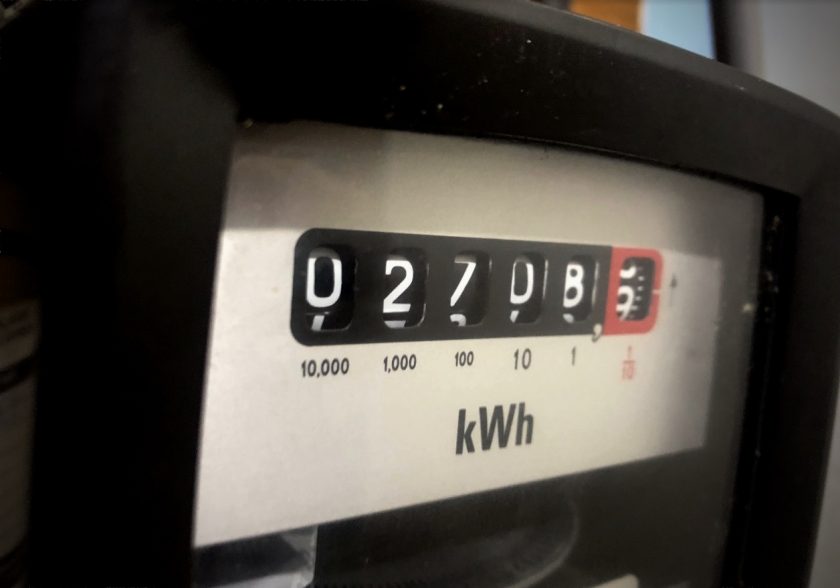Today’s Energy Price Cap rise will “hammer households even harder” in 2024

In a move affecting millions across the UK, the energy price cap has risen today to £1,928, increasing the average bill by £94.
This adjustment, effective from 1 January to 31 March 2024, poses a significant financial challenge for many British households, particularly given the current economic climate.
The energy price cap is set by Ofgem, the body regulating energy suppliers in Great Britain.
It doesn’t limit a household’s total bill, which varies depending on energy usage.
The cap restricts the maximum amount energy suppliers can charge you per unit of energy if you live in Wales, England, and Scotland.
The Trade Union Congress (TUC) has criticised the UK government’s handling of the energy crisis.
TUC General Secretary Paul Nowak highlighted the plight of households grappling with high energy bills, worsened by over a decade of wage stagnation and social security cuts.
He said: “No one should struggle to get by in one of the world’s richest countries.
“But 13 years of wage stagnation and social security cuts have left millions extremely vulnerable to sky-high bills this winter.
“Energy bills are already 50% higher than two years ago, so today’s rise will only exacerbate the burden on households in the coming year.”
“It doesn’t have to be this way. Other governments are investing in publicly owned clean power and insulating homes.”
“The UK is boosting foreign firms’ profits and subsidising lower bills abroad, while British households struggle to heat their homes and pay their bills.”
Ofgem has stated that today’s price increase is primarily due to rising costs in the international wholesale energy market, driven by market instability and global events, notably the conflict in Ukraine.
Jonathan Brearley, CEO of Ofgem, recognised the widespread difficulties and emphasised the need to support customers, particularly those finding it hard to pay their bills.
Emily Seymour, Which? Energy Editor, noted that with energy bills rising by about five per cent and “with prices still significantly higher than before the energy crisis began, some households will continue to struggle to afford their bills.”
“If you are worried about affording higher bills, there is help available. Talk to your energy provider about a manageable payment plan and check if you qualify for any government schemes.”
“Prices are expected to drop in April. If you’re on a variable tariff, any reductions to the price cap will automatically apply in April. If you’re on a fixed deal, it’s worth checking the exit fees to see if you can leave early if prices do fall in spring, allowing you to switch back to a variable tariff or onto a cheaper fixed deal.”
Spotted something? Got a story? Email: [email protected]
Latest News
